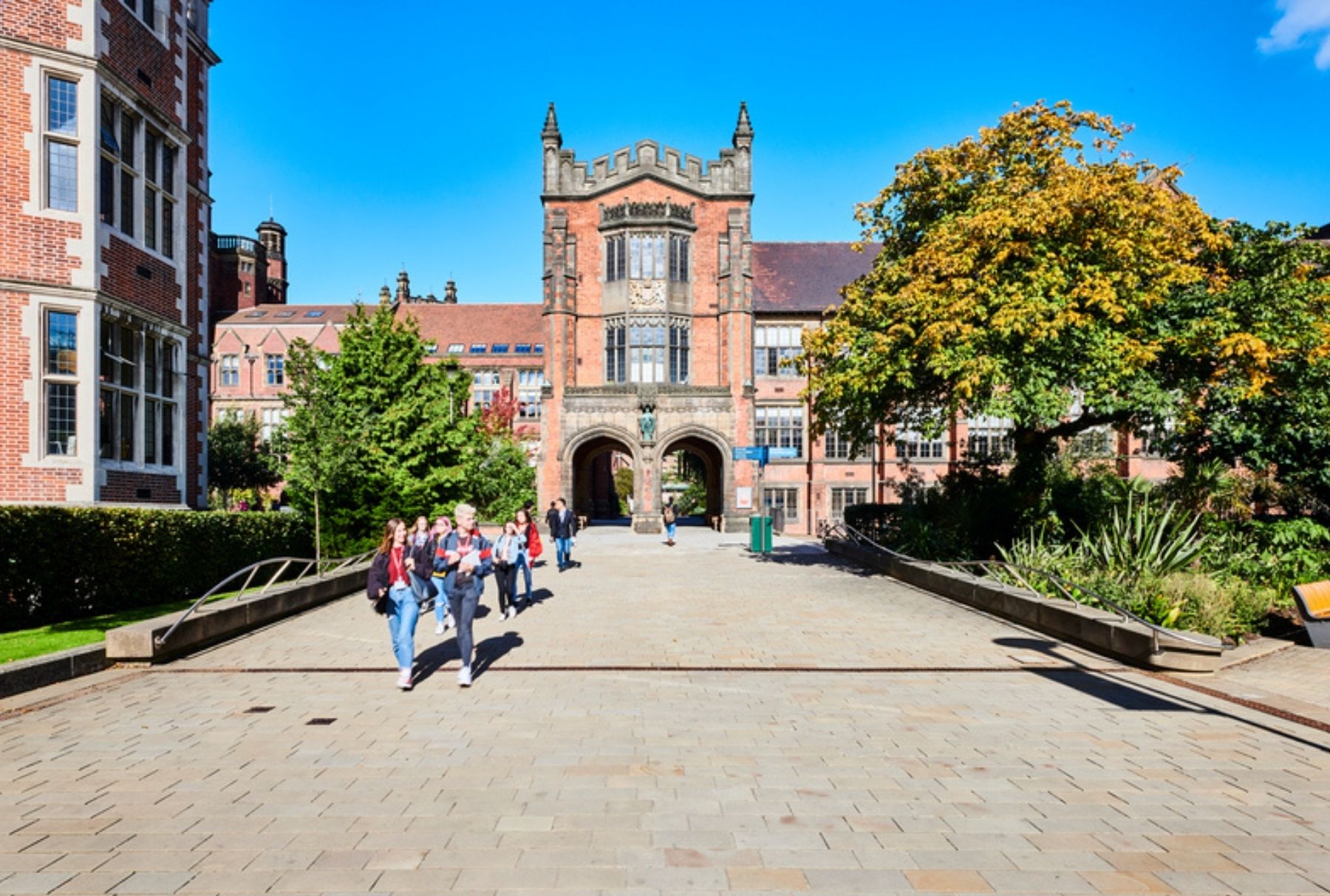Faraday Institution opens regional office in Newcastle University
Recognising the importance of the North East as a key centre of battery research, innovation, skills and production, the Faraday Institution has opened a regional office in Newcastle.
14 October 2021
Recognising the importance of the North East as a key centre of battery research, innovation, skills and production, the Faraday Institution has opened a regional office in Newcastle.
Known as Faraday Institution North East (FINE), the office will be based in Newcastle University and led by Professor Colin Herron CBE and supported by Lois Warne.
Faraday Institution CEO, Professor Pam Thomas, said:
“The research and industrial strength of the North East of England will be absolutely vital to enable the UK to fully transition to an electrified future – from transport and aviation to power generation and distribution. The goal of the FINE office is to further integrate the region’s battery ecosystem to clear the path from research bench to innovation and commercial manufacture so that the UK can prosper in this energy transformation.”
Professor Brian Walker, Pro-Vice-Chancellor, Research Strategy and Resources of Newcastle University, added:
“Major announcements by Envision AESC and Britishvolt in the past year have signalled to the world that the North East is a critical region for batteries. Establishing the FINE office in Newcastle University is a reflection of the research strengths that we have available to enable an expansion of training and innovation in batteries, alongside our leadership in electrification of transport through the Driving the Electric Revolution Industrialisation Centres."
This development along with many others, demonstrates Newcastle University’s commitment to seek out short and long-term solutions to the challenges associated with climate change
The role of FINE is to bring together multiple bodies in the battery innovation ecosystem. This includes research and innovation centres, education and skills organisations, regional and national government and policy representatives, and battery cell manufacturers and associated supply chain partners. This ensures they are working together to identify and act upon prospects to accelerate innovation. The success of this pilot will enable the Faraday Institution to explore opportunities to strengthen regional engagement on energy storage in other parts of the UK.
Colin Herron is MD Zero Carbon Futures (ZCF) and Professor of Practice at Newcastle University. He has 48 years’ automotive industry experience, starting as a tool room apprentice then working in Nissan for 17 years, and then in public sector, civil service, further education and higher education roles. ZCF delivers research, workforce training: NVQ 2/3/4 and Masters continuing professional development courses. He has a close association with industry and has served on the Faraday Institution’s Training and Diversity Panel since its inception in 2018.
Through the involvement of Colin Herron and Lois Warne, FINE will input the Faraday Intuition’s voice as the UK’s flagship energy storage research programme, into regional conversations around energy storage research. Specifically, it will target three areas for exploitation:
- Research – to access the best battery science and engineering from regional university research and innovation centres and identify areas of strength for potential collaboration and funding;
- Industry – to identify additional areas where the Faraday Institution and companies based in the region could meaningfully connect for mutual benefit, including vehicle production, battery cell manufacturers and associated supply chain partners; and
- Regional and national government policy – to ensure the national programme led by the Faraday Institution is positioned in ways that are supportive of regional initiatives (such as in skills development, policy influence, North East Battery Alliance).
